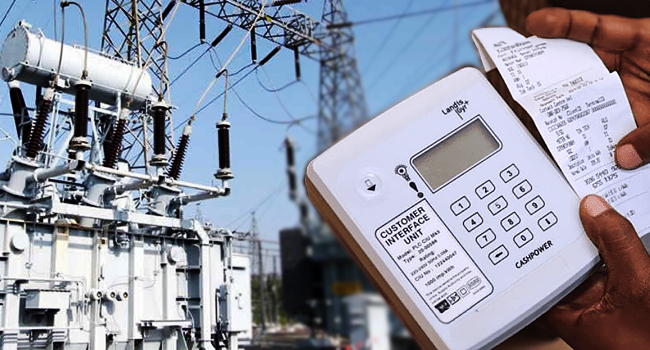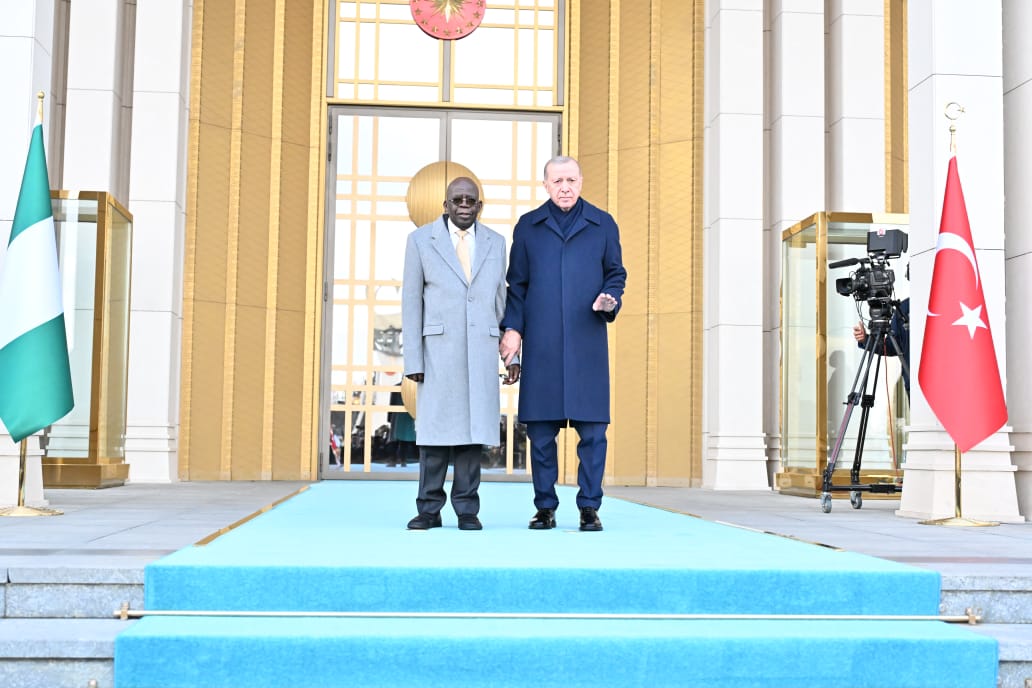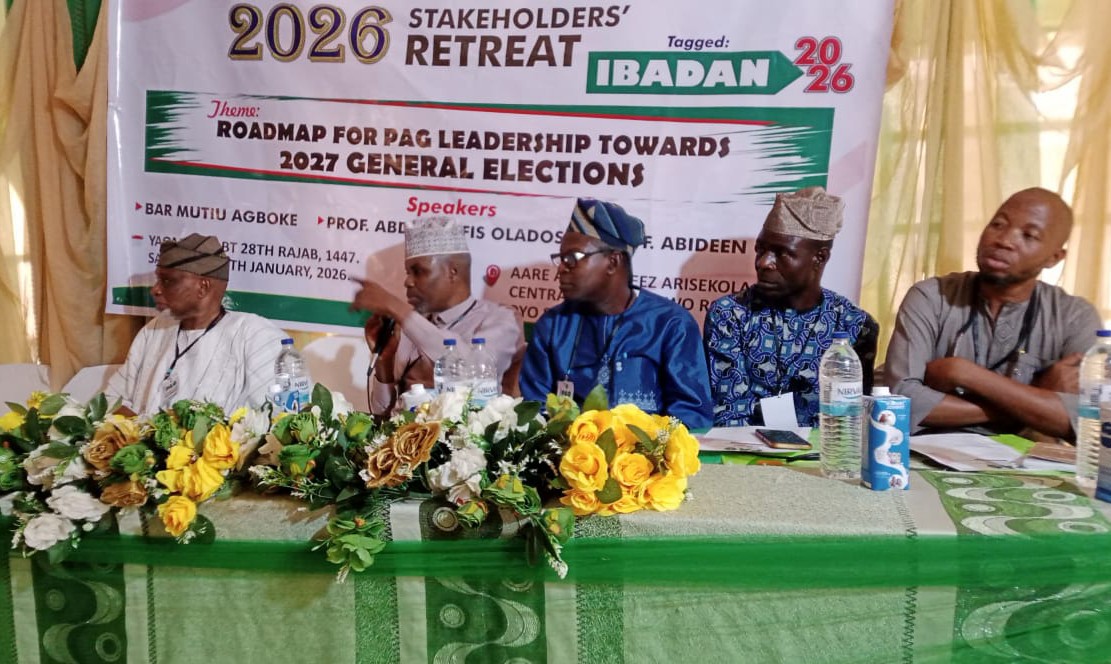EXCLUSIVE: Why Tinubu, staggered, tripped in Ankara
January 28, 2026PAG Calls for Active Voter Participation Ahead of 2027 Elections
January 25, 2026Electricity Crisis: Lagos, Edo,Oyo Await NERC Authorisation
Electricity Crisis: Lagos, Edo,Oyo Await NERC Authorisation

The Minister of Power, Chief Adebayo Adelabu, consistently highlights the prolonged gestation period of electricity projects as a major hurdle. Rather than solely blaming weak regulation for the industry’s challenges, he advocates for the recapitalisation of electricity Distribution Companies (DisCos) or involvement of core investors capable of meeting the sector’s financial and technical demands.
He actively seeks new investors to help reduce Aggregate Technical Commercial and Collection (ATC&C) losses.
Since the Nigerian Electricity Regulatory Commission (NERC) delegated oversight powers to Enugu, Ekiti and Ondo states last week, energy experts have raised pertinent questions about their potential impact on operations.
Will these states merely regulate existing underperforming firms, or can they enact meaningful changes? Shedding light on the country’s energy mix, NERC’s Vice-Chairman, Musliu Oseni, revealed on April 3, that gas plants and hydroelectric sources account for 75 per cent and 25 per cent, respectively.
However, the feasibility of state governments generating, transmitting and distributing electricity remains a subject of debate. While some doubt their financial capacity and question their motives, others ponder whether they will explore renewable energy opportunities or solely focus on leveraging existing power infrastructure for revenue.
With NERC’s recent decision to cede regulatory power to state bodies such as the Enugu State Electricity Regulatory Commission (EERC), the landscape of the Nigerian Electricity Supply Industry (NESI) has shifted after 19 years of NERC’s monopoly.
On April 22 2024, this move marked a significant departure from the status quo, as regulatory authority was transferred to the Ekiti State Electricity Regulatory Bureau and the Ondo State Electricity Regulatory Bureau the following day.
According to NERC Chairman Sanusi Garba and Commissioner Legal, Licensing and Compliance, Dafe C. Akpeneye, regulatory oversight was transferred to Enugu, Ekiti and Ondo states effective May 1, 2024.
This decision, rooted in the amended Electricity Act 2023, marks a significant shift from the previous centralisation of the electricity market.
The NERC management emphasised that decentralisation became feasible after presidential assent was granted to relevant amendments of the Constitution of the Federal Republic of Nigeria on March 17, 2023.
Sanusi and Akpeneye added that “Paragraph 14(b) Part II of the Second Schedule to the 1999 CFRN which provides that “a House of Assembly may make laws for the state with respect to generation, transmission and distribution of electricity to areas not covered by a national grid system within that State” was amended to “a House of Assembly may make laws for the State with respect to generation, transmission, and distribution of electricity to areas within that state.”
The NERC management highlighted that this amendment granted legislative autonomy to federating states in Nigeria, allowing them to legislate on electricity generation, transmission and distribution within their jurisdictions. As Enugu, Ekiti and Ondo states seize this opportunity to separate their electricity markets from NERC control, other states like Oyo, Kaduna, Edo, Nassarawa, and Lagos are reportedly following suit. This shift not only alters the landscape of the Nigerian Electricity Supply Industry but also redefines the states’ roles in power generation and distribution.
However, the true test lies ahead as these states must now demonstrate the financial capacity to operate independently beyond mere legislative authority.
END.










